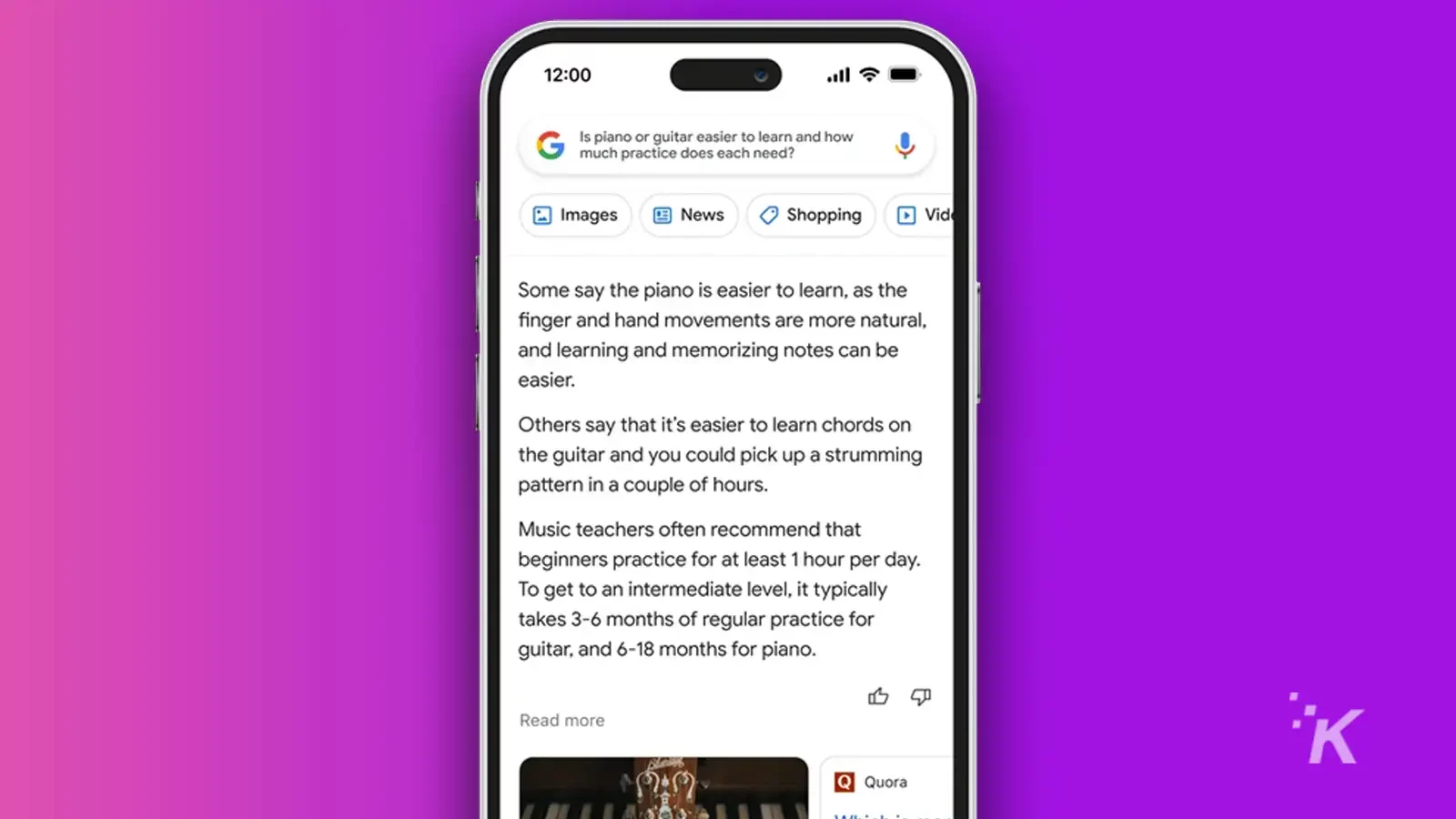AI-powered tools have been the talk of the tech world in 2023. Now, Google has introduced another, called Bard.
Bard is a conversational AI that Google has been working on. The company revealed its new AI project in February 2022.
Like ChatGPT, Bard is a chatbot interface that can answer conversational prompts. Instead of typing in keywords, Bard lets you have a full-on conversation as you learn new information.
Short on time? Jump ahead
What is Bard?
As stated above, Bard is Google’s AI chatbot. Where most of us have gotten used to typing in keywords to find what we want online, Bard is looking to change that.
Instead, the AI is trained to recognize and respond to more conversational wording.
Say you’re looking for a place to vacation. You can type something like, “Where are the best spots to vacation for your first time in Europe?”
Instead of getting a list of vacation destinations or articles with European hotspots, Bard will theoretically give you a better breakdown of your options.
It may tell you about some of the historical significance of one location. Or it could tell you which beaches have the best views. Maybe which countries have more affordable lodging solutions?
You can even ask follow-up questions, and Bard will expand. It’s similar to OpenAI’s ChatGPT, though Bard is more tailored to search.
How does Bard AI work?
Bard uses Google’s Language Model for Dialogue Applications (LaMDA) to interpret conversational text.
It aims to interpret the wide range of knowledge on the internet with a conversational tone and easy-to-understand dialogue.
When you type in a question or prompt, Bard uses the database that it trained on with the language model that Google has developed to generate a response.
Afterward, you can ask follow-up questions, and the AI will expand based on your request. Or you can check on the sources used to come up with Bard’s answers.
What can you use Bard for?
Image: KnowTechie
Bard AI can seemingly be used to ask any questions. You can ask for help planning a vacation, look for new music to listen to, and much more.
The example Google used has to do with learning to play an instrument. Instead of extensive research on “how many keys on a piano,” you can ask, “which instrument is easier to learn, guitar or piano?”
And Bard will give you a comprehensive response, supposedly with the easier and more difficult aspects of learning guitar or piano.

After the initial response, you can then send follow-up questions. Say you’ve determined you want to learn guitar but want to know the next steps.
Ask Bard, “what are the easiest methods for learning guitar?” Once again, the AI will come back with a comprehensive response to the different methods for learning guitar.
Can we trust Bard AI?
At least in the beginning, we need to remain skeptical about the accuracy of this kind of AI. Even in Google’s own advertising, Bard made a mistake.
That’s why validating any information you get from an AI like Bard is important.
Google has bold ambitions for search with AI like Bard. The feature initially uses a light version of Google’s LaMDA. However, the plan is to expand to the full model after initial feedback.
Have any thoughts on this? Drop us a line below in the comments, or carry the discussion over to our Twitter or Facebook.
Editors’ Recommendations:


